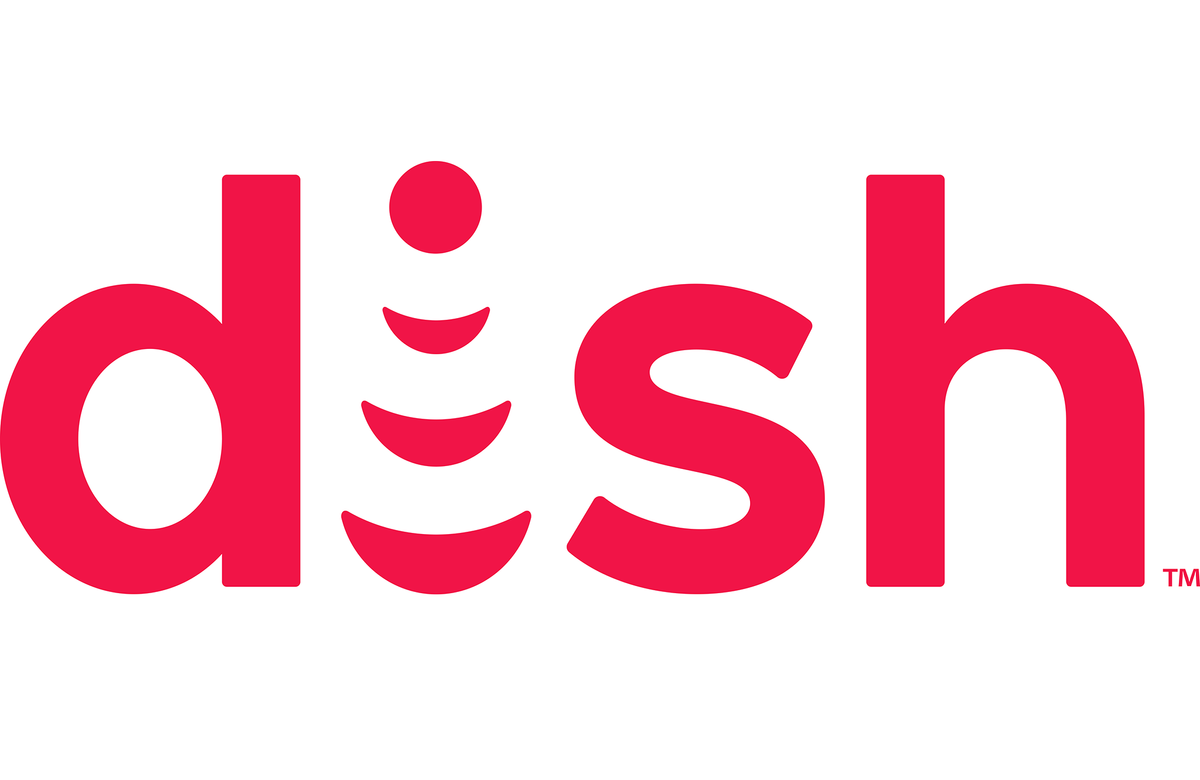
ENGLEWOOD, Colo. & IRVING, Texas—Dish Network and Nexstar Media Group are pointing the finger at each other in what could be, according to Dish, the largest local station blackout ever over a failure to come to a retransmission agreement.
The blackout, which is on pace to begin on Dec. 2 at 7 p.m. local time, would impact 164 Nexstar TV stations across 120 markets in 42 states and Washington, D.C.
Nexstar says that negotiations have been ongoing since July and that the terms it is offering Dish are the same it offered to other large distribution partners (Nexstar did not name the companies) in 2019 and earlier in 2020. Dish, however, said that Nexstar is using its position as the nation’s largest station owner to “strong-arm companies” into what it says are outrageous rates that would force increases onto customers, a strategy Dish says it used against DirecTV and AT&T U-Verse.
“Nexstar is demanding more than $1 billion in fees for its television channels,” said Brian Neylon, group president, Dish TV. “This shocking increase is the highest we’ve ever seen. Nexstar is intentionally turning its back on its public interest obligation and instead demanding consumers pay significantly more for the channels they could receiver for free over-the-air.”
In addition, Dish says that Nexstar is requiring that WGN America be carried by Dish as part of the deal, which Dish describes as a “low-rated channel” that Nexstar is trying to have “Dish customers to pay back this investment.”
In Nexstar’s statement, which came out after Dish’s, the station owner said that Dish is four-times the size of Nexstar (in stock market capitalization), “a fact that Dish fails to consider when making less than credible statements about Nexstar.” Nexstar also claims that Dish has a history of “holding its subscribers hostage during negotiations with content providers.”
Nexstar also said: “In Dish’s statement regarding its intention to black out subscribers from their local and network programming and content provided by Nexstar, the satellite provider failed to acknowledge that the expiring agreement with Nexstar was entered into at the end of 2016. Therefore, for the past four years, Dish has reaped the benefit of paying significantly under market retransmission consent fees to Nexstar while consistently instituting rate increases to its subscribers. Dish also disregards the fact that as a result of the advent of reverse comp (programming and content payments made by local broadcasters such as Nexstar to the networks), Nexstar’s network affiliated programming costs continue to increase. Furthermore, Nexstar has made continual ongoing investments for the benefit of its viewers and distribution partners through expanded local news and other programming in its markets, the acquisition of costly life-saving weather equipment and a broad range of other improved services in its local communities.”
Both sides say that they are continuing to strive for a fair deal that will not remove local stations at this time, which is heightened by the ongoing COVID-19 pandemic. In the event that no deal is reached, Nexstar says that it will educate affected customers on how they can access local content.
"danger" - Google News
November 30, 2020 at 11:57PM
https://ift.tt/2VlFixO
Dish, Nexstar in Danger of Record Blackout - TV Technology
"danger" - Google News
https://ift.tt/3bVUlF0
https://ift.tt/3f9EULr
No comments:
Post a Comment